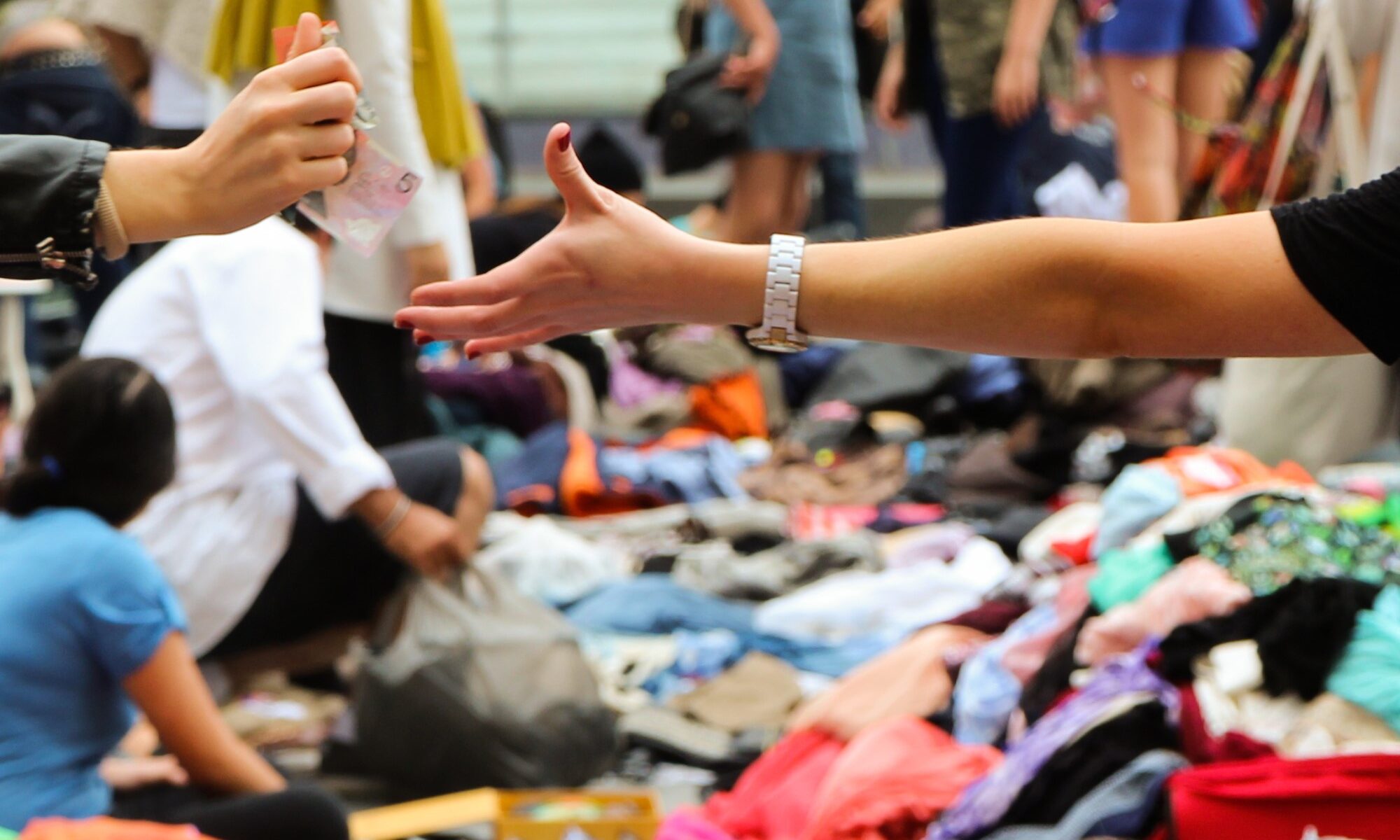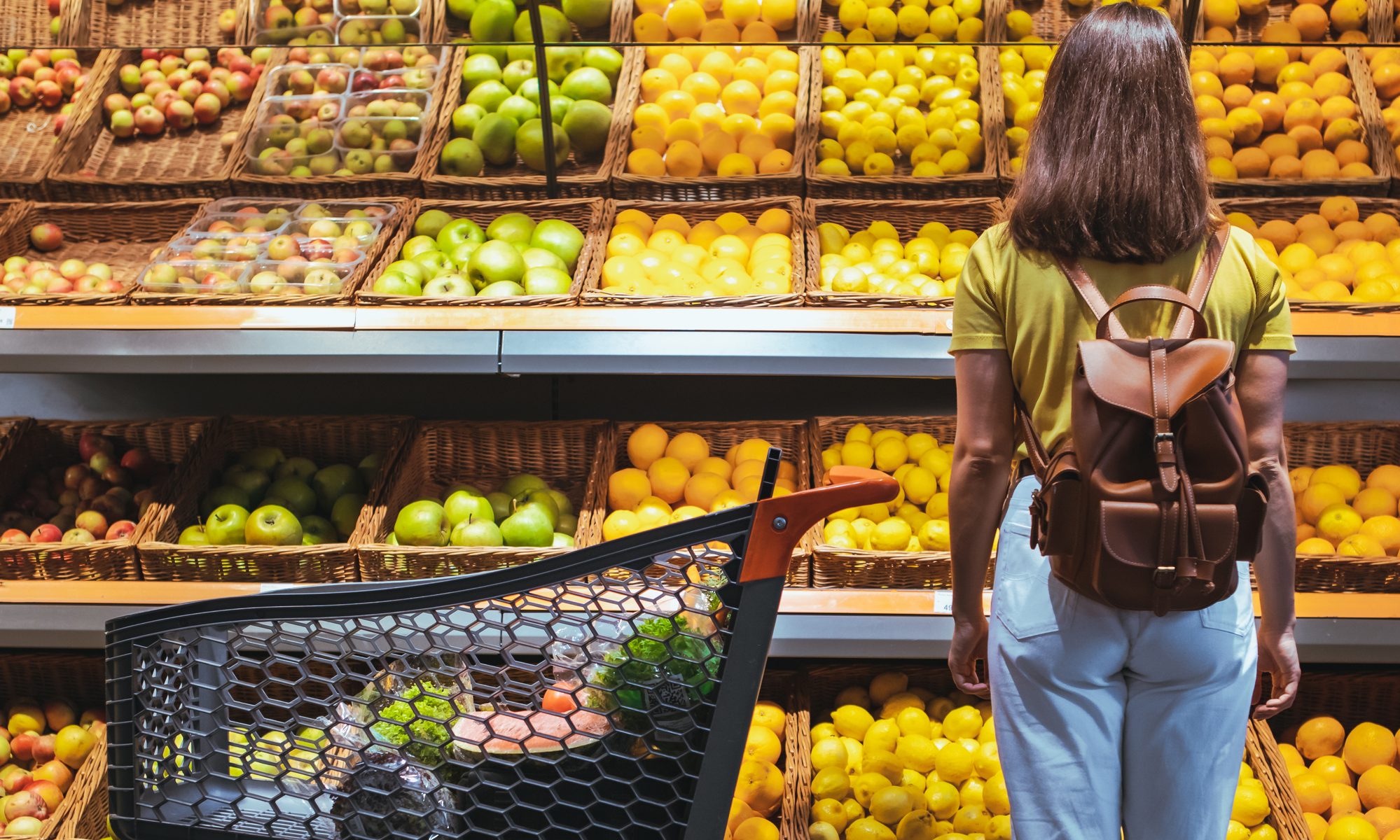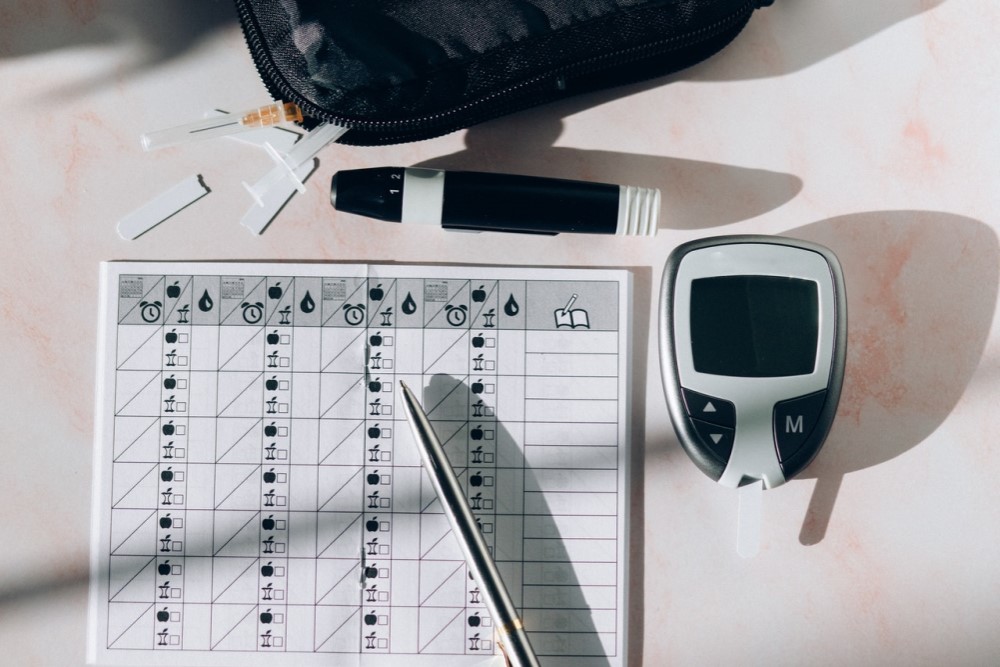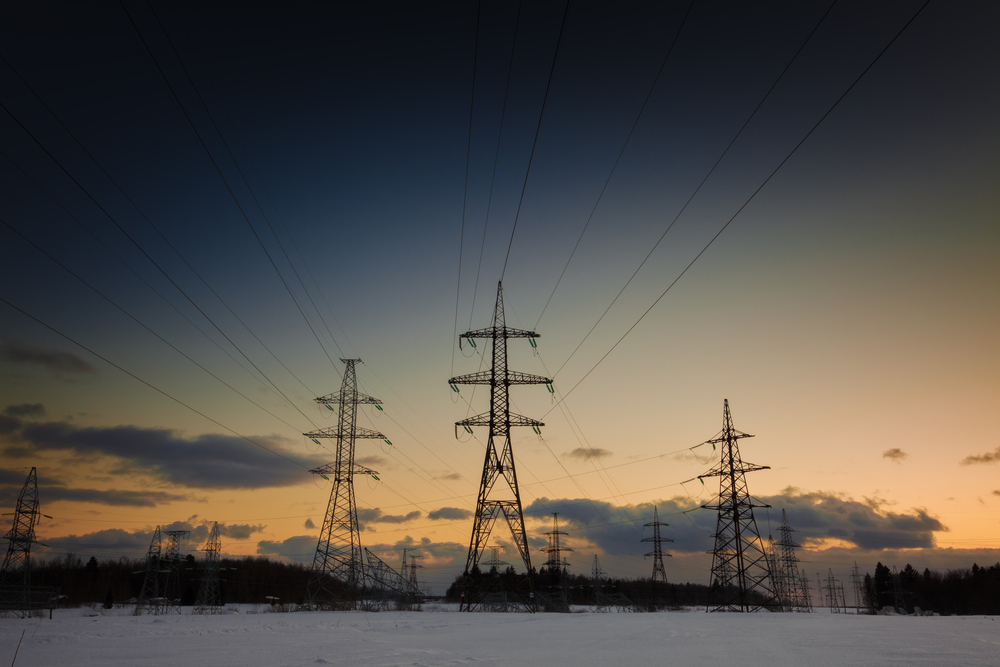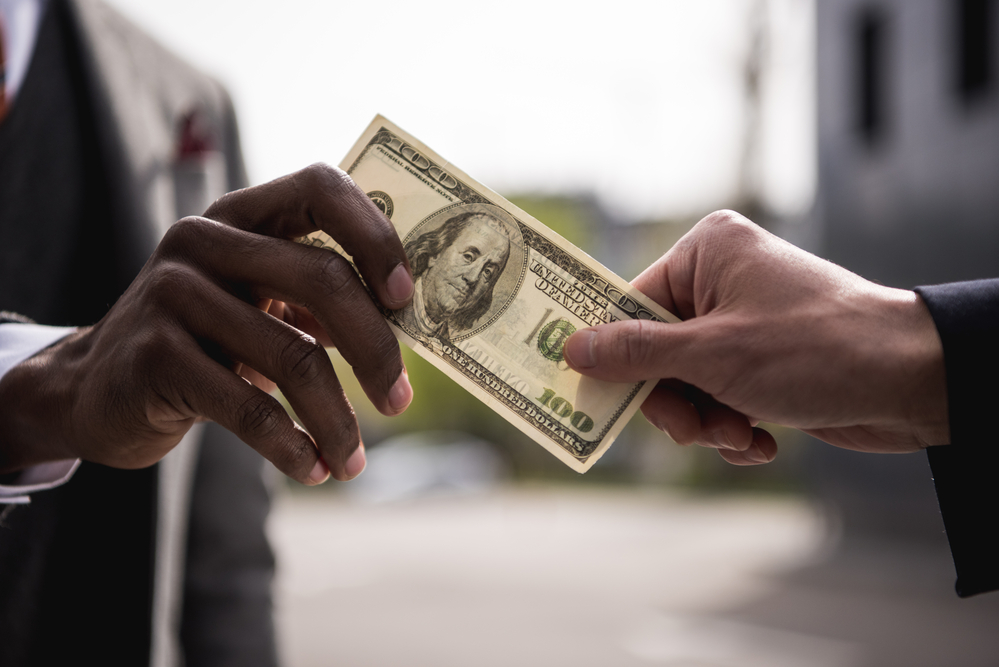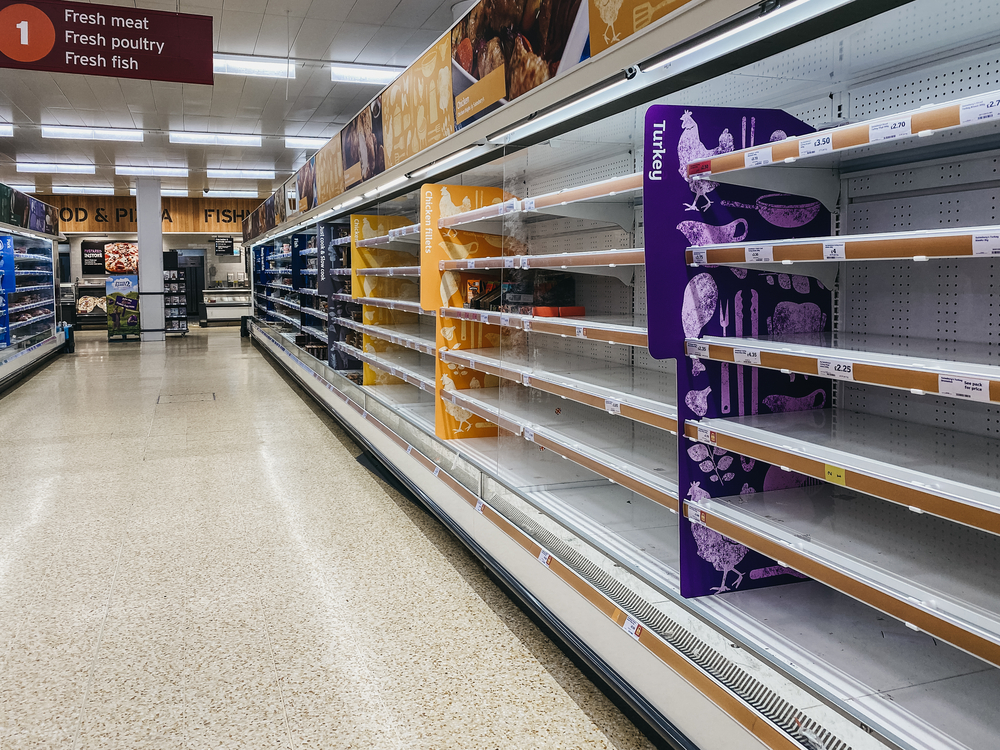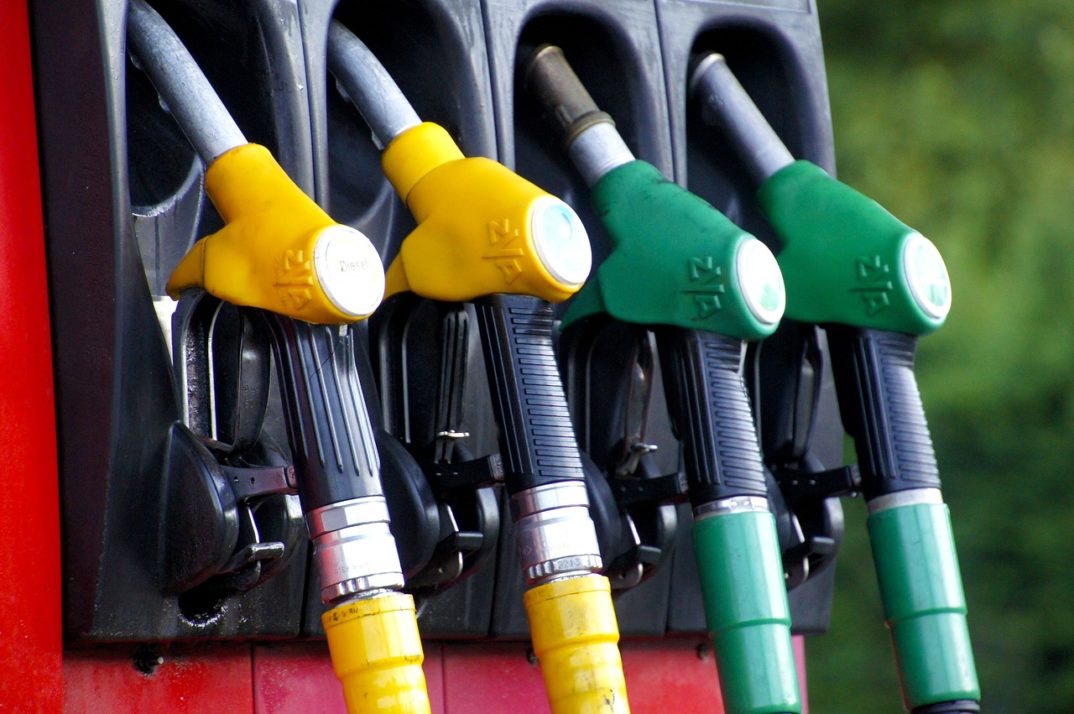Who could have predicted that AI would return us to a land before price tags?
Last month, the Federal Trade Commission ordered eight companies (like Mastercard and JPMorgan Chase) to provide information regarding their “surveillance pricing” practices – that is, charging variable rates that shift according to the information gleaned from a client’s digital footprint. The FTC means to expose the “hidden ecosystem” of data brokers and middlemen who monitor user data, compile consumer profiles, and sell that information up the food chain. As more and more of those sneaky details and shady deals come to light, public animosity grows. Three-quarters of Americans object to online retailers charging different prices for the same product, and two-thirds mistakenly believe that the practice is illegal.
But we’ve been part of the personalized pricing experiment for a while now. (When’s the last time you paid sticker price on the car lot?) In 1996, Victoria’s Secret was already sending catalogs with cheaper prices to men. Amazon was first caught using the tactic in 2000 showing different people different prices for DVDs. Staples and Home Depot sell items and at different prices according to customers’ geographical location. Travel fare aggregator Orbitz directs Mac users to pricier lodgings. We also know that airline fares rise as you repeatedly search the same dates in your browser.
Further, mere dynamic pricing – rates that reflect the ebb and flow of supply and demand – has long been a staple of the workweek from early-bird specials to happy hour drinks. Hotel rooms cost more as the night progresses; airline fares rise as the date approaches. We seem to accept, daily, that some will pay more and some will pay less for the exact same good or service, so why the outrage now? Where does our sense of injustice come from?
So far, much of the chatter has focused on the digital privacy piece. We dislike the thought of someone sifting through our internet trash in order to paint our consumer profile. Worse yet, we feel violated by having our browser history used against us as a tool for coercion to buy that thing or book that trip. Despite regular warnings, we refuse to accept that we’ve consented to being spied on – an online presence has become a necessity of life, and it often feels that there is no reasonable exit option. The cost for remaining in the digital space can’t be resigning ourselves to constant monitoring and manipulation. The answer is not abstention, it’s legislation.
These are legitimate gripes. But lost in this discussion is any articulation of the precise problem we have with price discrimination – that is, the selling of identical products to different people for different amounts. If businesses catered to customers’ unique price points without this kind of data scraping would we still have reason to object? Public opinion suggests we would.
Consider Wendy’s, the most recent recipient of consumers’ wrath. Customers revolted when it was suggested that a Baconator would cost more during a demand surge than in off-hours. Lydia DePillis, writing in The New York Times, identified Wendy’s failure as a mistake of marketing: they weren’t upcharging rush-hour customers, they were incentivizing the off-hour passerby. This isn’t a new and nefarious way to overcharge customers, it’s just a means of attracting reluctant holdouts. Everyone has their price. It all comes down to whether people see the lower price as a discount or the higher price as a tax. Everyone loves a bargain.
Ultimately, the trick in rolling out these new automated pricing models lies in accentuating the positive: Catch that break. Grab that deal. Let your self-denial give way to a willingness to pay. We’ll unite buyers and sellers, desire with satisfaction. Let the bidding commence. Welcome to the flea market of the future.
So perhaps public opinion is mistaken. Perhaps our envy and fear of missing out has simply invented something new to be mad at. Jean-Pierre Dubé, an economist at the University of Chicago, offers a telling comparison:
If I literally tell you, the price of a six-pack is $1.99, and then I tell someone else the price of a six-pack for them is $3.99, this would be deemed very unfair if there was too much transparency on it. But if instead I say, the price of a six-pack is $3.99 for everyone, and that’s fair. But then I give you a coupon for $2 off but I don’t give the coupon to the other person, somehow that’s not as unfair as if I just targeted a different price.
Groceries stores and airlines regularly avoid the Wendy’s reaction by masking price differences in memberships and coupons. But our sense of injustice fails to flare in these cases. Doesn’t this mean we’re being inconsistent? Credit scores are used daily to determine different financing rates (i.e., the higher or lower cost consumers will end up paying for an item). What makes personalized pricing so different?
I think it comes down to three things:
Transparency. Consumers are routinely made aware of the perks membership offers. They are also aware of the (undemanding) steps required for them to transition from the out-group to the in-group. That kind of simplicity and stability is priceless. You can’t make a plan if you don’t know what dinner will cost you when you leave the house. But personalized pricing relies on obfuscation – businesses remove all reference points so that consumers can never find their footing. There is no “market” price.
Our post-pandemic world makes for a compelling test case. Today it’s impossible to anticipate what you’ll be expected to pay for everyday goods. Does anyone know what paper towels should cost? Whatever the buyer will bear.
Asymmetric Gain. Despite the promise of daily deals, the benefits of personalized pricing flow in one direction. As Lee Hepner, legal counsel for American Economics Liberties Project, explains, “personalized pricing is a transfer of wealth from consumer to the seller. Writ large, the goal and endgame is to maximize revenue.” By deducing each buyer’s specific pain point, sellers can extract the utmost value. They stand to reap all the gains that come with eliminating the gap between what consumers are willing to pay and what they actually pay. And there isn’t any social good created by charging different customers different prices (unlike the case of senior citizen discounts or letting kids eat free). This is pure profit maximization.
In practice, then, personalized pricing looks awfully similar to price-gouging – consideration of your unique circumstances (when you get paid, the date of your friend’s wedding, your expensive taste) generates inflated price tags. As customers’ need and ability to pay increase, so does the cost.
Consumer Impotence. Perhaps most damning, then, is what personalized pricing does to the already skewed power imbalance between customers and businesses. Rather than being price takers, sellers now become price setters. Armed with their marks’ financial details and search history, they can ensure every sale returns top dollar.
Buyers, meanwhile, find themselves in the dark, siloed from the experience of other customers, the price history of particular goods, and the unique deals of alternative vendors. But you can’t vote with your dollar if you don’t know your options. And without a shared experience of the marketplace, concerted action is all but impossible. Our ire may be warranted, but we may soon lack any ability to collectively express it. In the bazaar of tomorrow there is no signal, only noise.

